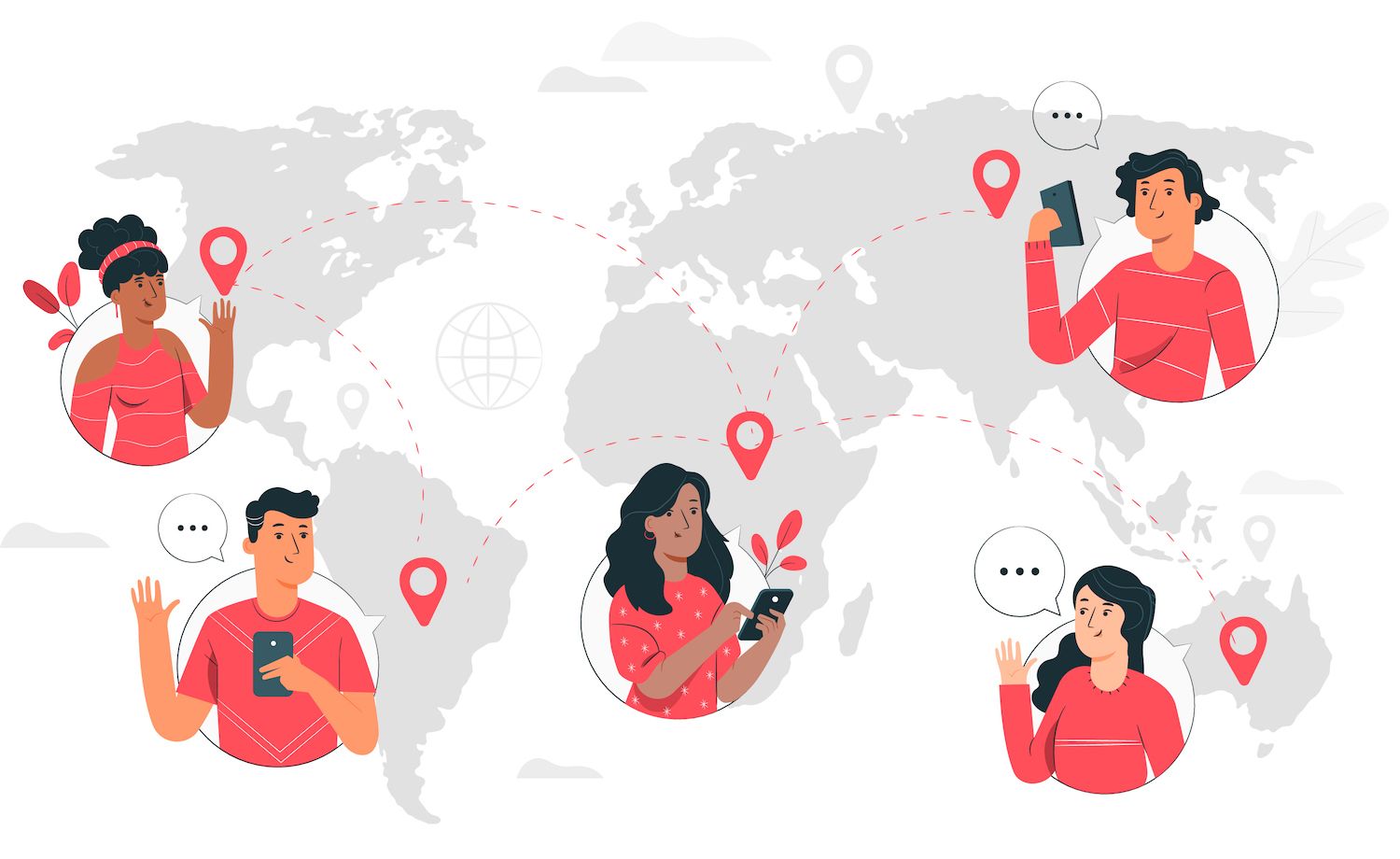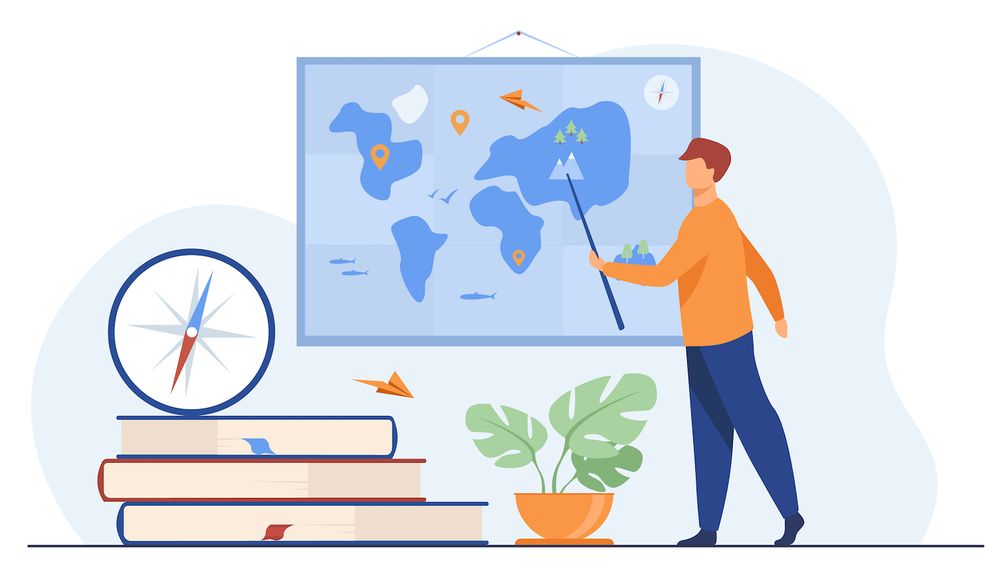Do SaaS Companies Afford to Ignore Sales Taxes and VAT? -
One thing I've observed while working is the widespread tendency to SaaS and software firms to not pay transaction-related taxes (sales taxes such as VAT, GST, etc. ).
And I get it.
Taxes on sales, VAT and GST are complicated, confusing, and not what IT leaders would like to invest their time on.

But also, you should know that ignoring transaction-related taxes has risks well beyond paying some back taxes sometime to come.
In one of my chats with the Global Tax Director of's Rachel Harding, my most experienced and knowledgeable source of am aware of on this subject, she told me about:
- 40% interest and penalties Software companies have incurred 40% interest and penalties when they've ignored state sales tax requirements.
- Multi-million dollar valuation adjustments from historical sales tax noncompliance during acquisition due diligence.
And there's more.
In answer to the question we asked ourselves: no, you shouldn't ignore the VAT, sales and GST taxes.
In this article in this piece, we will discuss the five main aspects SaaS firms need to be aware of concerning taxes. The majority of the information is derived from my conversations with Rachel. Below, you can also watch two of our talks to hear more.
5 Things SaaS Companies Need to Understand about Sales Taxes
1. Sales, VAT and GST Taxes Can Affect SaaS Valuations
While Rachel worked on a mergers and acquisitions tax team for small software companies she witnessed million-dollar price adjustments as a result of tax evasion.
"If you're planning to make any kind of ownership shift, major or minor investment, they are going to investigate the company's operations," Rachel explained. "They are going to examine all of your procedures, like do you know of where your goods are tax-deductible? Are you adhering to these rules when collecting and remitting? Are you compliant? Since if you're not, the buyer will need to correct it prior to purchasing the item, or else they'll take the purchase price off."
2. If You've done it right If You Do It Right, You Don't Have to Pay Anything Extra
"If you've done it the right way, technically, it's net-zero to you." Rachel explained.
The sales tax is a consumptive tax, a tax on the customer, not your company. This shouldn't be a tax you're spending money on. However, it's the responsibility of you to to collect taxes on the buyer's behalf, and then remit it to the right department of government. It's a buyer's liability and a seller's responsibility.
"It's when you're doing things wrong that you'll end up with an expense and liabilities in your balance sheet. In the event that you don't, you're unlikely be able to charge a sales tax two years after it's due. Therefore, it's completely out of pocket."
3. Consumption Taxes are Calculated Based on the Location of the Buyer, not the Seller
Sales tax is a complicated issue (especially in countries like that of the U.S.), but generally, what you need to know is that sales tax is paid where the item is realized (aka where your customer is located). The tax isn't determined based on the location of your business as well as the area of the headquarters for your business.
In practice, the most important data to source sales is billing information and the IP address of the computer. Like the title suggests, SaaS is taxed similarly to items, not as services and therefore only 20 of the 45 U.S. states with sales tax laws are actually taxing SaaS. And since 2018if there are sufficient taxable sales within a region that exceeds the specified threshold, then you are deemed to have economic connection (a big shoutout for South Dakota v. Wayfair for the idea! ).
A threshold for sales is the amount of sales you have in a specific area before having to pay taxes. Each tax region (whether it's a territory, state, territory, or a country-wide or a national level) offers its own method of defining the threshold.
4. Tax Laws and Rules have Changed Dramatically in the Last 10 Years
Sales taxes, VAT as well as other taxes related to transactions have seen a significant change over the last ten years. Some changes are more important than others, and they have altered the entire landscape.
2015. EU requires VAT collection From Non-EU Software Companies
Since January 1st, 2015 on the 1st of January, 2015, the EU began requiring software sellers to collect and remit VAT based on the location of the purchaser rather than the location of the business or its employees.
VAT rates are set by the nation, which means the country is responsible to keep up with any the changes in these rates at the level of their country.

2018: U.S. The Senate has voted that states can collect Sales Taxes From Non-Resident Businesses
In the year 2018, in 2018, the U.S. Supreme Court ruled that states can impose sales tax on purchases made through sellers located outside the state (including sellers who sell online) regardless of whether the seller is not located in any physical presence within the state that taxes it ( South Dakota v. Wayfair, Inc.). (A.k.a. why we wrote this piece is that non-residents and small businesses need to know about sales tax and its application.)
Within the U.S., sales tax rules vary state by state. Florida and California do not require collection of sales tax for SaaS subscriptions. But New York and Pennsylvania do.
Just in the year 2020 Massachusetts has reclassified SaaS fees in 2020 as "personal tangible property," that means SaaS subscriptions are now sold with sales tax within the state.
In our conversations, Rachel offers other examples of how tax laws are shifting to SaaS businesses around the globe:
"We are seeing, all around the globe, countries adopting rules that target foreign-owned businesses that offer digital products as well as services. There are some that have a limit for sales while some of them say every dollar is taxable."
5. Global Consumption Taxes Keep Getting More Complicated
Tax laws are currently getting passed which directly impact SaaS. Very soon, in countries around the world, SaaS companies running digital platforms may be required to disclose the sellers on their platform.
Why are tax laws getting more complex?
Countries know they're losing the tax revenues from digital sales that software companies don't disclose.
This is why they're looking for new methods to trace the flow of cash within their state or nation and to enforce the collection.
The 4 Ways SaaS Companies Can Manage Sales Taxes and VAT
So how do SaaS companies figure out all the taxes they must pay and withhold across the globe?
There are four approaches that we see SaaS companies take to fulfill the tax obligation related to transactional taxes:
1. Ignore It
As we've described in this post, not paying sales taxes is a very frequent practice, but one that can leave your company with decades of unpaid taxes as well as penalties, charges, and fees. The days where this approach can work is shrinking. The pace at which online transactions continue to increase, so too will the desire and capability to manage it.
2. Do It Themselves
Doing taxes on your own is an option that works well for companies that have the capacity to do the tax burden with an internal team.
However, it's not as simple to integrate an automated tax tool into your sales platform.
SaaS companies also need to consider:
- Making sure your data is safe and easily accessible.
- Knowing what is taxable as well as the rates to charge.
- Monitor tax thresholds so you know the deadlines to pay taxes and submit tax return.
- Paying the right amount and filing returns on time to all tax-related jurisdictions in which there is an obligation. It could be a monthly annual, quarterly or even annually.
- Staying informed about changes in tax laws and regulations.
- Responding to notices and inquiries by the tax authorities. Are they phishing, or is it actionable?
This could be difficult for a finance department without technical expertise and cause resentment as well as turnover.
3. Find an accounting company to hire
When you outsource your taxes, there are less internal resources required, but it's going to be more expensive. And rather than a customized strategy, hiring an accounting company typically means that they'll adopt a cautious approach and ensure compliance to the maximum extent even though you would prefer an approach that is more tailored.
There's a perspective that really only an inside tax professional is able to provide that is based on understanding the business strategy, the tax legislation, and how they intersect.
4. Use the services of a Merchant of Record (MoR) and Outsource the Liability
As a company, we are the primary merchant on the transactions you make on your site and are responsible for collecting taxes and remitting them for you. It doesn't matter if you're trying to deal with the tax rate reduction, custom taxes, tax-exempt transactions B2C or B2B , everything is handled by us.
The merchant of record is there to assist you if any tax audits or inquiries come up. When an audit occurs then we step in and take the lead to ensure that you stay focused on building and expanding your SaaS company.
What's the Best Solution to your business?
It's possible that this all seems too confusing, but the most damaging thing you can do is nothing.
According to Rachel put it, "I can never promise that you will or won't receive an audit. But what do I can assure you is that the smallest steps now could set you up for a far brighter prospects in the future."
In order to determine what is the best option for your company She suggests assessing your capabilities and options.
"It's really knowing the business you operate, the footprint of your business, tax laws (duh) and the risk you're willing to take on."
Watch My Full Interviews with Rachel Harding
Part One: The Reasons SaaS Companies Can't Afford to Ignore Sales Taxes
Part Two: What are the stricter Tax Laws Will Mean For SaaS

